 Research Councils UK (RCUK) has articulated its vision for future investment in the UK research base, adopting the slogan “Research, Innovate, Grow” as an encapsulation of its current and future purpose.
Research Councils UK (RCUK) has articulated its vision for future investment in the UK research base, adopting the slogan “Research, Innovate, Grow” as an encapsulation of its current and future purpose.
RCUK, the UK’s biggest investors in public sector research, are committed to ensuring the UK remains the best place in the world to do research, innovate and grow business. “Strong, sustained investment in the UK research base is essential to strengthen and let fly the excellence, creativity and impact of the UK’s world leading researchers, innovators and businesses. Only by doing this will we be able to address the challenges facing our society today and create the opportunities for business growth in the future,” said Professor Rick Rylance, Chair of RCUK.
Going forward RCUK will:
- shape a world-leading research base with strength across disciplines
- accelerate innovation and impact from this excellent research base
- collaborate and co-invest with Innovate UK and other partners in the research and innovation ecosystem
- drive new multidisciplinary research programmes
- work together to maximise impact and further drive efficiency
“The world-leading UK research base attracts and retains global businesses in the UK and establishes the positive environment to generate new businesses and enable them to grow. This drives industrial sectors and enables national and regional economic growth,” Prof Rylance said. “The breadth, quality and richness of the UK research base is unique. It enables us to address society’s challenges and business opportunities across the spectrum. It is a very precious resource and a superb advantage for the UK. We need to invest now to secure its future. We will be investing not just for now but for our children.”
RCUK is determined to build on this position through:
- sustained long-term investment in the research base
- leveraging the UK’s position at the centre of the global research network
- realising the full potential of the UK innovation ecosystem
“RCUK will continue to invest in the creation of new knowledge and drive innovation,” said Professor Jackie Hunter, RCUK Impact Champion. “The collective ambition of the Research Councils is to maintain and further enhance the UK’s leading position as THE best place in the world to do research, innovate and grow a business. Only by doing this can the benefits of the research investment already made be secured, maximizing the UK research base’s contribution towards the creation of a strong economy and societal benefit now and in the future.”
The UK has 1% of the global population and only 3% of global funding for research yet produces 16% of the world’s most highly cited papers. Almost half of research articles published by UK researchers have international co-authors. Four of the world’s top 10 universities are in the UK. The Research Councils drive and enable researchers, business and partners to create knowledge and innovation for society, industry, Government and the third sector. RCUK funded researchers are more likely to collaborate with business than those funded through any other route. The Research Councils co-deliver research and innovation with more than 2,500 businesses.
If you would like to contribute to the Nurse review of research councils, please see the blog post setting out BU procedure and deadlines.

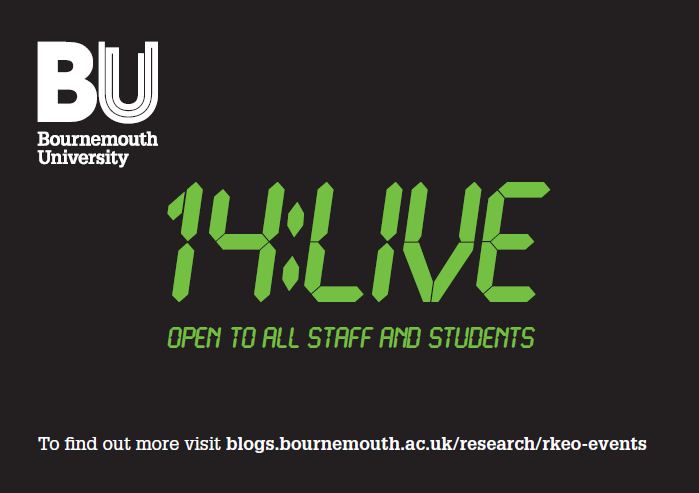








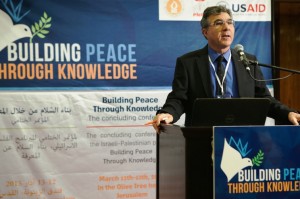
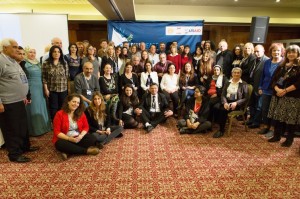


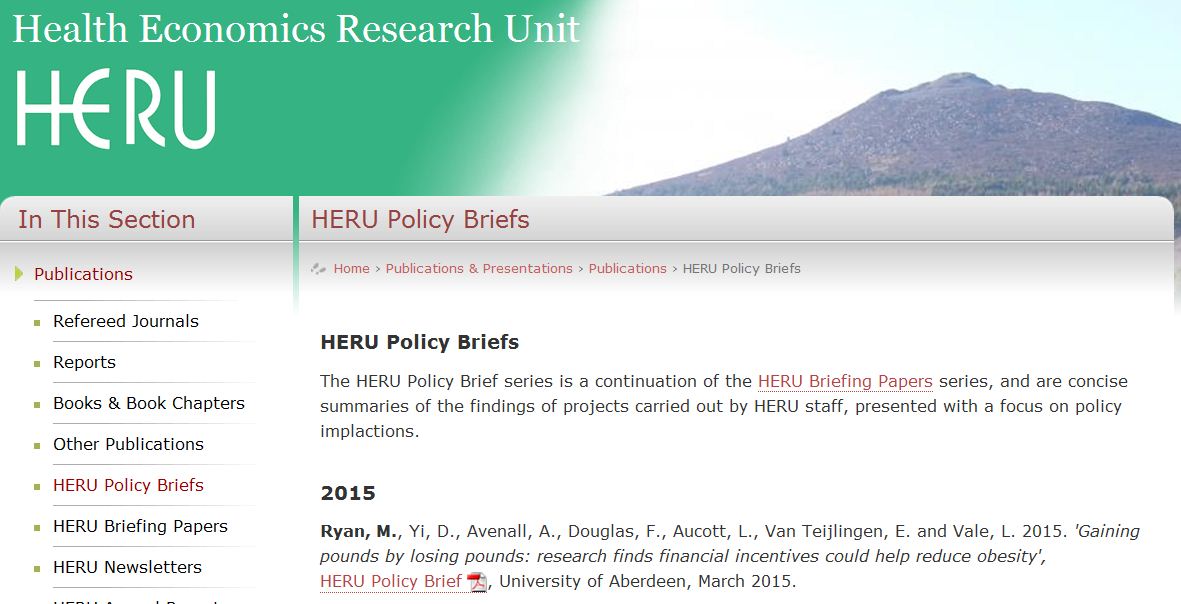
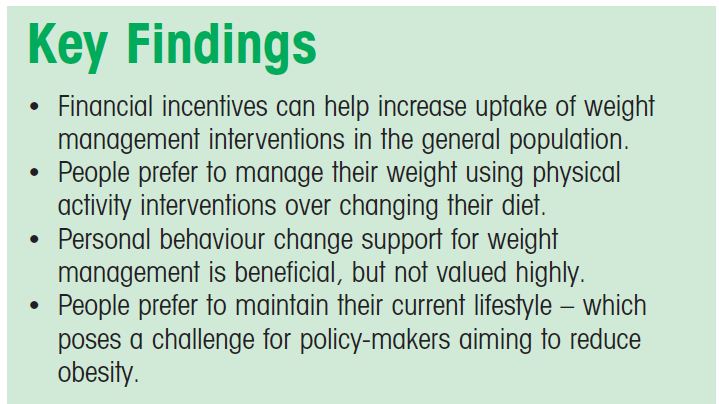
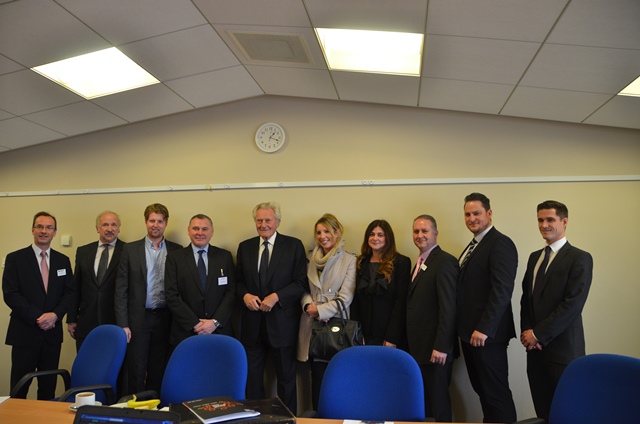












 Seeing the fruits of your labour in Bangladesh
Seeing the fruits of your labour in Bangladesh Exploring Embodied Research: Body Map Storytelling Workshop & Research Seminar
Exploring Embodied Research: Body Map Storytelling Workshop & Research Seminar Marking a Milestone: The Swash Channel Wreck Book Launch
Marking a Milestone: The Swash Channel Wreck Book Launch No access to BRIAN 5-6th February
No access to BRIAN 5-6th February ECR Funding Open Call: Research Culture & Community Grant – Application Deadline Friday 12 December
ECR Funding Open Call: Research Culture & Community Grant – Application Deadline Friday 12 December MSCA Postdoctoral Fellowships 2025 Call
MSCA Postdoctoral Fellowships 2025 Call ERC Advanced Grant 2025 Webinar
ERC Advanced Grant 2025 Webinar Update on UKRO services
Update on UKRO services European research project exploring use of ‘virtual twins’ to better manage metabolic associated fatty liver disease
European research project exploring use of ‘virtual twins’ to better manage metabolic associated fatty liver disease